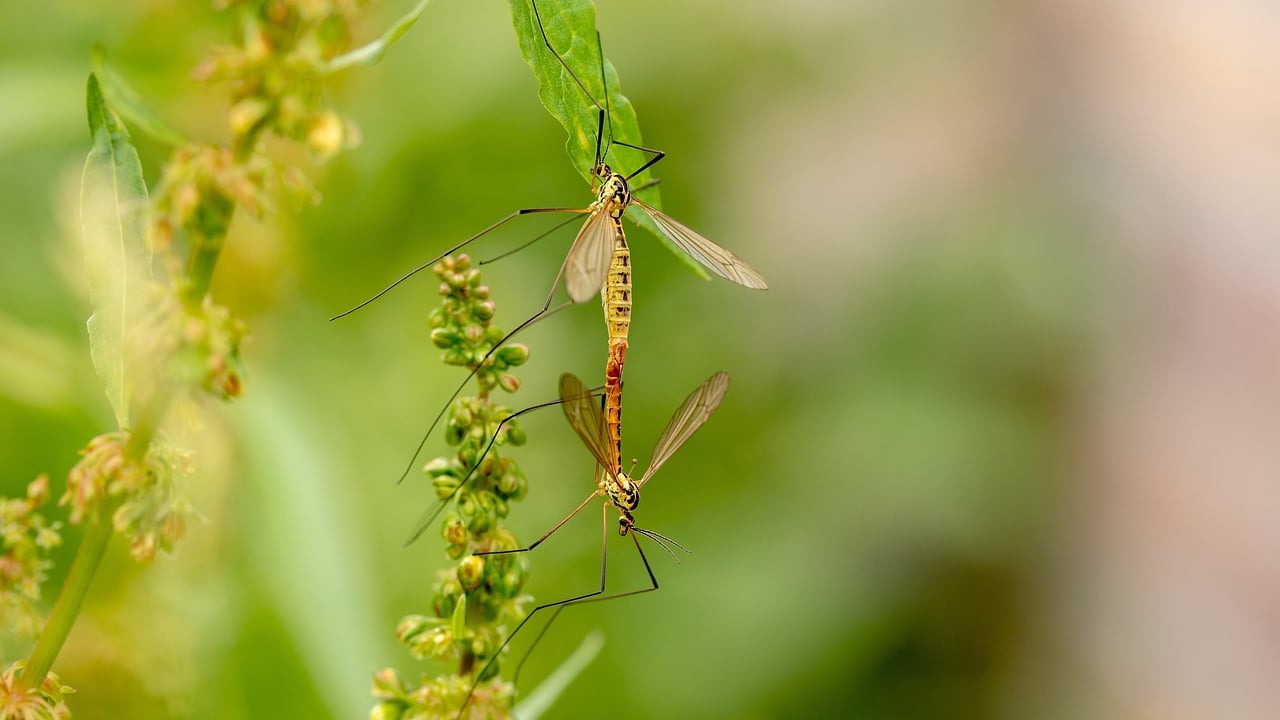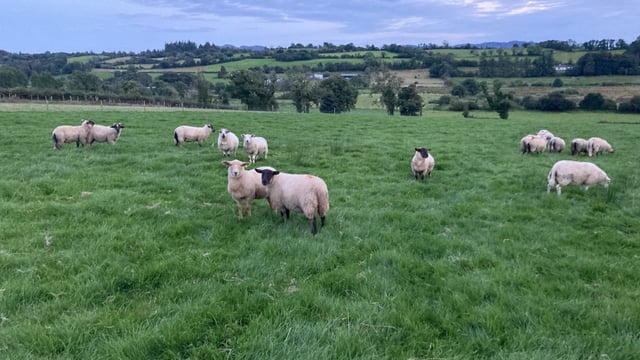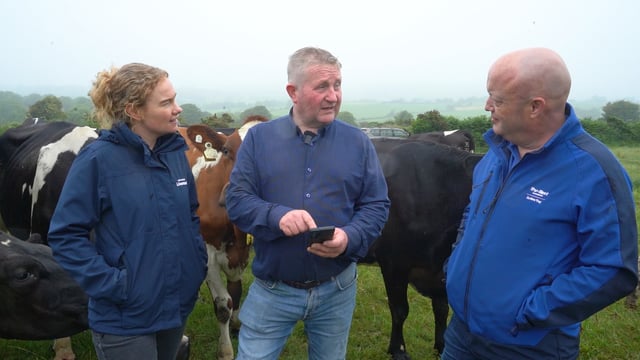Are daddy long-legs threatening your farm?
A recent study by Teagasc has highlighted the agricultural threat posed by crane fly larvae (leatherjackets), more commonly known as 'daddy long-legs' when fully grown.
These larvae damage grazing pastures and crops by feeding on roots and stems, causing significant economic losses.
Teagasc's Crops, Environment and Land Use Programme has published findings on sustainable pest control methods.
The research conducted by Dr. Aisling Moffat, under the guidance of Dr. Louise McNamara, focused on grassland farms in Scotland, but found the findings are applicable to Irish agriculture due to similar climatic conditions and land use practices.
The research, covering data from 1980-2020 with a focus on 2009-2018, also revealed that leatherjacket populations are significantly influenced by farm management practices and weather conditions.
In Northern Ireland alone, leatherjacket damage is estimated at £1.5 million annually, factoring in insecticide and fertiliser costs.
This figure, however, might be outdated as chlorpyrifos, a primary insecticide used against leatherjackets, was banned in 2019 due to environmental and genotoxic concerns, according to the research.
Intensive practices such as pesticide use and sheep grazing tend to reduce leatherjacket numbers, whereas less intensive management results in higher populations.
Larger fields and the presence of sheep grazing also contribute to lower larval populations, as sheep grazing disrupts larval habitats, the researchers have said.
Weather conditions play a crucial role, with temperature and precipitation affecting leatherjacket stages differently.
Warmer temperatures generally reduce populations at the adult and second instar stages but increase third instar larva during warmer winters. Rainfall too influences larval numbers.
Further research adopted by Teagasc will explore sustainable techniques such as diverse crop rotations and organic farming to control leatherjacket population, while promoting farm biodiversity.
Implementing these strategies could lead to a more balanced and environmentally friendly approach to pest management, ensuring the protection of crops and livelihoods, according to Teagasc.





